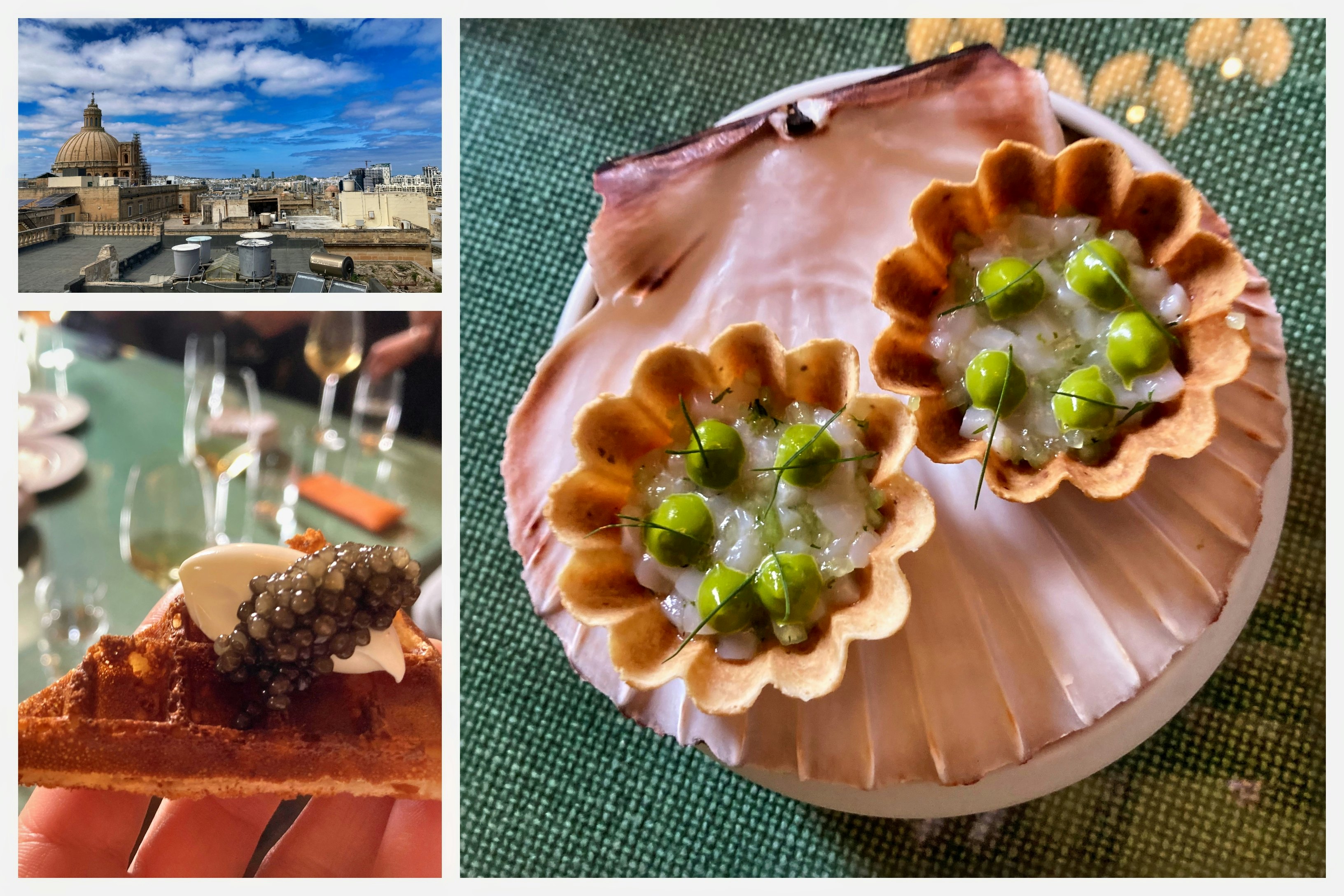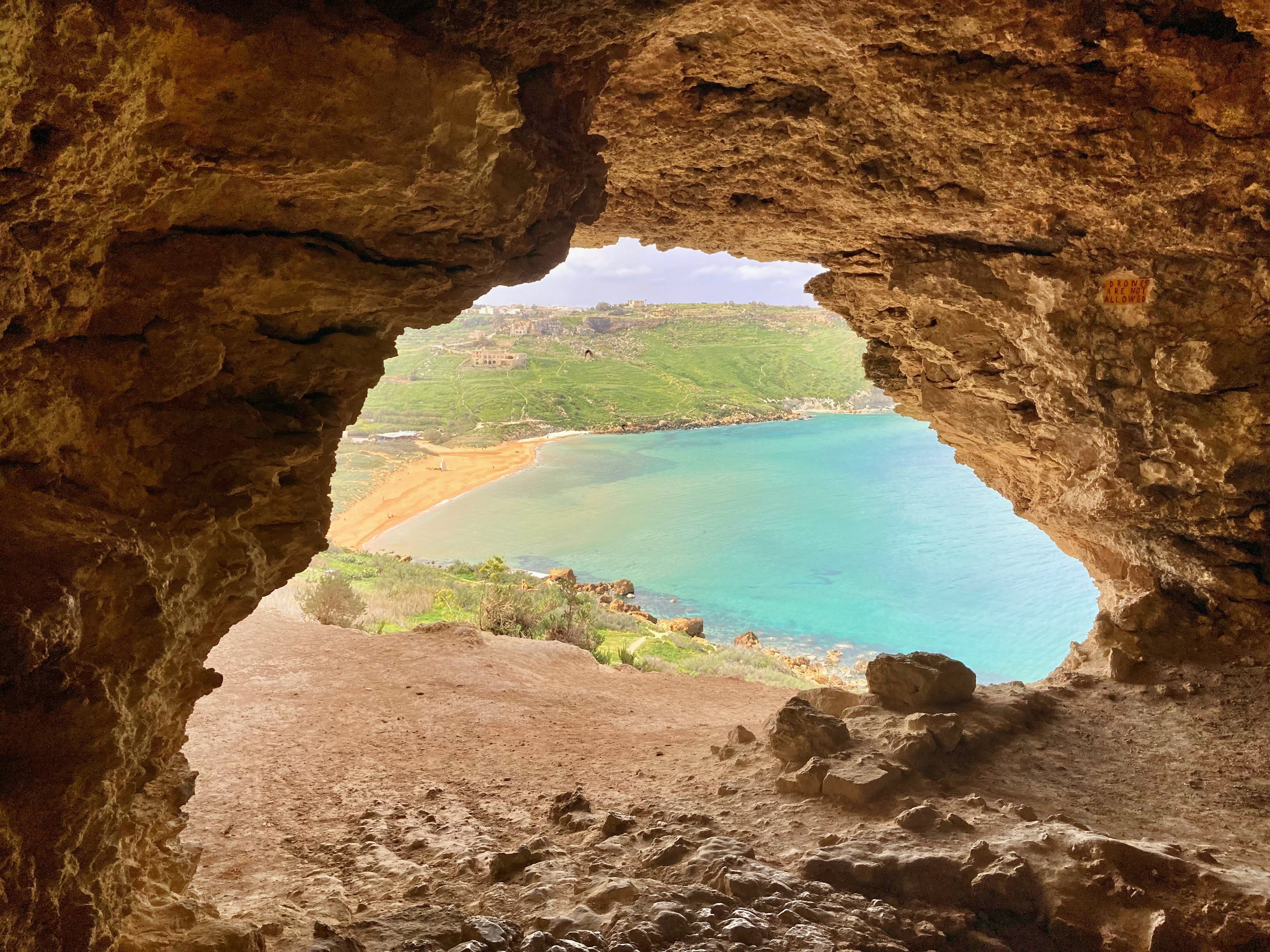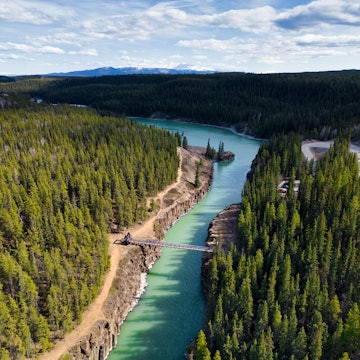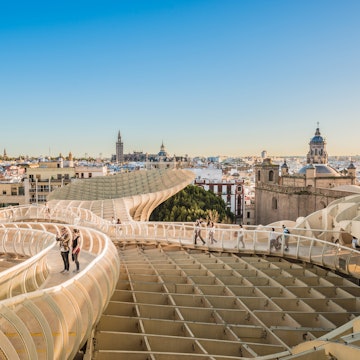

Writer Kerry Walker loved exploring the backstreets of Mdina on her recent trip to Malta © Kerry Walker for Lonely Planet
In search of a shot of sea and spring sunshine, Lonely Planet writer Kerry Walker traveled to Malta and Gozo and fell hard for these twin islands in the Med. Here she shares the highlights of her trip.
With its one-of-a-kind history, cinematic cities built high and mighty by the Knights of St John, ravishing coastlines and distinctive cuisine embracing Italian and Middle Eastern influences, I instantly fell for Malta when I first visited 15 years ago – and I have longed to go back ever since. On this trip, I managed to squeeze in a mini trip to neighboring Gozo, too.
If you're looking for a perfect time to visit Malta, I can reveal that it's spring – wildflowers are blooming, beaches are empty, room rates are low, crowds are virtually non-existent and temperatures hover around 20°C (68°F). While the sea is still a bit nippy (unless you’re a cold-water fan), the mild days are perfect for other activities, from coastal hikes and runs to horse riding and kayaking, and just hanging out piazza-side in beautiful gold-stone cities.

Where did you stay? What was the vibe?
The Radisson Blu Resort in St Julian’s, where the crisply designed rooms in seaside blues and whites come with front-row views of the Mediterranean. It’s a nice central base for zipping around the island, just a 10-minute walk from St George’s Bay, where you’ll find a sandy beach and loads of nightlife, and a 20-minute ride from Valletta.
There are several pools, a gym, small spa and it’s right on the edge of the Pembroke Nature Reserve (perfect for morning runs). The breakfast buffet was a cut above, with freshly made pancakes and omelets, and I had a great risotto in the hotel's Le Bistro restaurant, which bigs up locally farmed and fished ingredients.

Best way to start the day in Malta?
A morning run. There’s something special about getting up to see the pink blush of sunrise and slipping into running gear as the first light creeps along the coast. At this early hour, it’s silent but for the gentle shush of waves. My go-to run is the Pembroke Nature Reserve in St Julian’s, where the rocky shore is a fragrant mass of wildflowers.
Otherwise, you’ll find me in Valletta, a gorgeous ochre-stone city of domes, Renaissance palazzi, piazzas, cobbled alleys and streets that rollercoaster down to the sea San Francisco-style. I love passing through Renzo Piano’s City Gate and strolling past townhouses graced with gallariji, ornate wooden balconies, as the city shakes off sleep and coffee pots begin to bubble.
I might go for a freshly roasted cup at retro-cool Lot 61, followed by oven-warm pastizzi – flaky pastry pockets stuffed with ricotta or minced beef – at posh Caffe Cordina, in business since 1837. It’s right on the square opposite the lavish Grandmaster’s Palace, once the HQ of the Knights of St John.

What is a must-visit place in Malta?
It's got to be Mdina. On a hilltop perch in the island’s heart, this fortified medieval town is film-set stuff. And it has had its moments of fame: Mdina Gate, with its stone bridge over the former city moat, and Mesquita Square, overshadowed by baroque St Paul's Cathedral, both appeared in Game of Thrones Season 1. But for me, the real joy is nosing around its maze of alleys, past courtyard cafes and honey-hued palazzi.
The painterly light in these streets makes a photographer out of everyone. You can peel back the layers of the island’s history at the Domus Romana villa, with its Roman mosaics and marble statues, and swanning around the gardens that rim the sturdy bastions put up by the Knights of St John. Book a table for lunch in the gorgeous inner courtyard of The Medina, a 500-year-old Norman residence turned mezze-style restaurant. Stuffed vine leaves, local sweet red prawn carpaccio, slow-cooked confit pork belly – it’s all delicious.

The top spot for dinner in Malta?
OKA’s at the Villa in Balluta Bay really hits the romance mark, with its history, food and a pinch of glamour. This stunningly converted 19th-century palazzo has a terrace peering out across the bay, where you can sip a signature martini (blood-orange gin, amaretto honey, peach juice and smoke bubble) before dinner in the restaurant. The menu is refreshingly Mediterranean with a nod to the Middle East: labneh with crispy lamb, chili oil and warm pitta, and octopus tagliatelle with preserved lemon and herbs.
If it’s a special occasion, score a table at Gracy’s in Valletta, a 17th-century palazzo reborn as a stylish supper club, with a terrace bar gazing out across the city rooftops. Tom Peters (former sous chef at three-Michelin-starred Maaemo in Oslo) mans the stove, putting a fresh British take on Maltese cuisine in dishes like turbot-and-scallop Wellington with baby leek and champagne beurre-blanc.

What is one place in Malta you want people to know about?
Golden Bay. The island’s more rugged northeast coast dispels the myth that Malta doesn’t have any beaches. Here you’ll find Golden Bay and – lovelier still – Riviera Beach, a glorious sweep of sand backed by cliffs. When I went in spring, the coast was very peaceful. If flopping on the beach isn’t your thing, you can trundle along the cliffs by Segway or saddle up at Golden Bay Horse Riding. I tried both and preferred the latter, relaxing into the rhythm of being on horseback as we trotted along the cliffs and through meadows flecked with poppies.
For an adventurous brush with Malta’s history, hook onto a self-guided electric buggy tour with Rolling Geeks. These dive into the Three Cities of Vittoriosa, Senglea and Cospicua, inhabited since Phoenician times, with fascinating snapshots of daily life in their back alleys and piazzas. Stop at the bastion-top Gardjola Gardens in Senglea for ringside views of Valletta’s Grand Harbour.

How can you escape the crowds?
Go to Gozo. Just a half-hour ferry ride from Malta, this smaller, greener, quieter isle is an enticing taste of the Med before the dawn of tourism. The World Heritage Ġgantija Temples, older than Egypt’s pyramids, are a megalithic marvel and the island’s biggest crowd-puller, but if you want to dodge the masses, visit in very low season. The same can be said for Ċittadella, an incredibly lovely hilltop citadel that was once the acropolis of the Punic-Roman city of Gaulos.
History aside, the island bombards you with natural beauty: the ragged, wave-beaten coast of Dwejra Bay is pure drama even on a windy, overcast day, with its cliff-wrapped Inland Sea, Fungus Rock (a 60m-high pillar of limestone) and a shoreline mottled with sand dollar sea urchin fossils.
Or walk up to Tal-Mixta Cave, high above the red-gold sweep of Ramla Bay. The island’s dinky proportions mean you can explore a fair bit on foot or bike, but if you fancy going further, Gozo’s fleet of electric tuk-tuks offers insightful guided tours.

What's one thing you should bring back from Malta?
Ġbejna cheese. Malta’s pungent rounds of handmade sheep and goat’s cheese are famous and with good reason. Buy it fresh and its sweet and creamy, with a wobbly panna cotta consistency, but the sharply tangy, air-dried, wine-pickled variety travels better. In Gozo, buy it at Ta’ Rikardu, tucked in a backstreet behind the baroque cathedral in Ċittadella. While you’re there, pick up a bottle of the prickly pear liqueur they produce on their farm, too.
If there’s time, visit Gozo’s north-coast Xwejni Bay, where you’ll find a chequerboard of salt pans and a tiny rock-cut cave by the sea. Here Alfred Attard is just one of two people left on the island hand-harvesting sea salt according to millennia-old traditions. A bag of his incredibly pure salt makes a fabulous gift.














